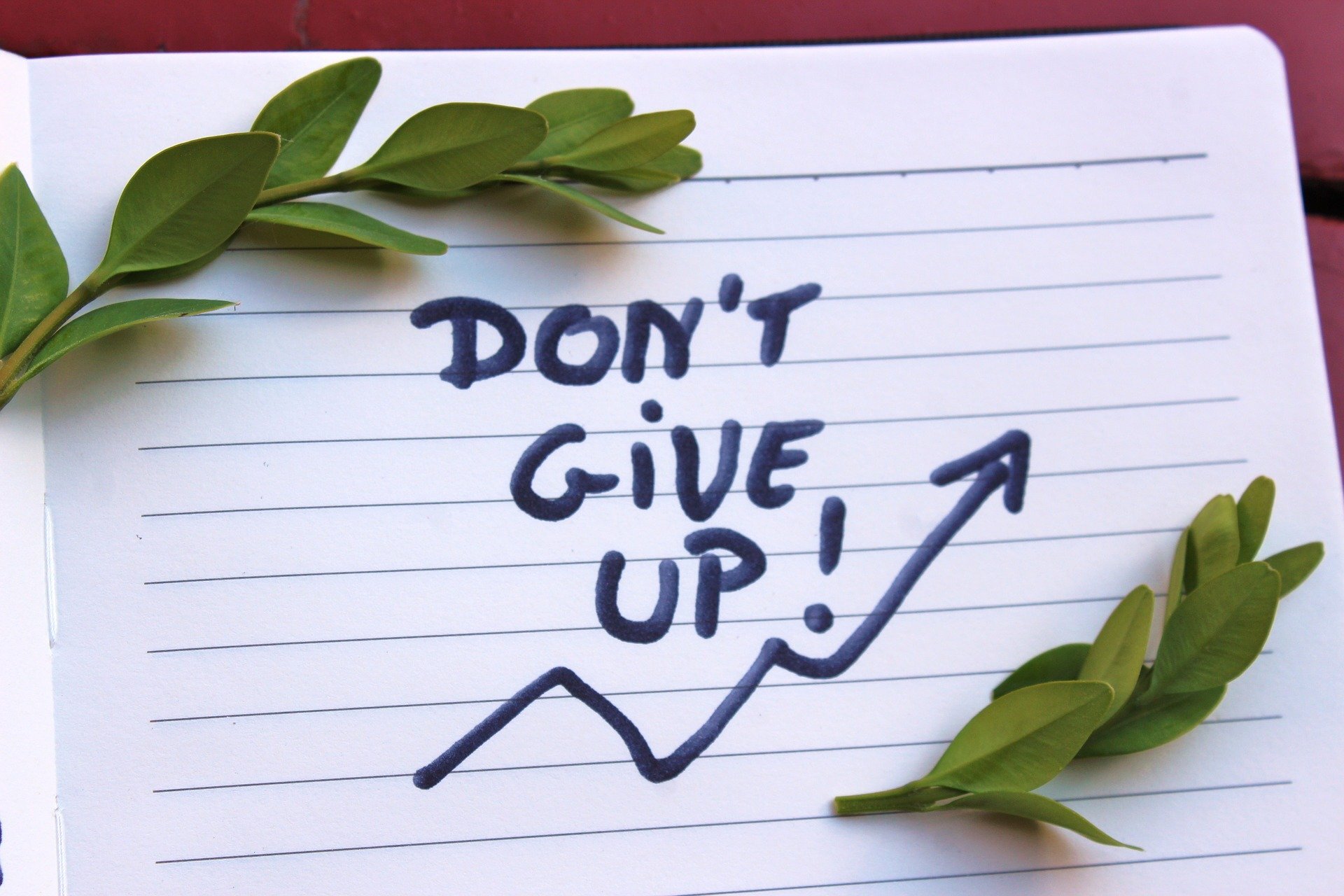I’m currently at work on a new novel. I’m at the point where the shine has worn off, and I have to dig in and do the work. I love writing, but even this beloved career feels like a job sometimes. There are good days and bad. Days where I feel terrific about the words on the page, and days I feel like I have no business sitting in front of a keyboard. There are days I feel good - physically and emotionally, and days I feel like crap.
As with so many things in life, I have to make a decision to stick with my work regardless of how I am feeling in the moment. But, I also believe in listening to my gut and my heart. When something feels off, even if I can’t pin it down, I pay attention.
So, how do we decide when we should stick with something - because nothing feels good all the time, or make a change - because we are really on the wrong path? Outside factors play a part of course. We may have made a commitment, have a responsibility to someone else, or simply have no choice in the moment. But when we do have a choice, when we are able choose this path or that one, this project or that one, how do we make a healthy decision? Here are some things I consider…
I don’t make decisions on impulse. Emotions shift. Feelings change. I’ll sleep on it before deciding to take on something new or making any big changes.
I’ll evaluate my mental and physical health. There’s a difference between struggling with something worthwhile and sticking with a situation or relationship that’s become toxic. I need to be honest about which is which and act accordingly.
I consider the long game. No career is build overnight. No skill is learned without putting in the time. If what I’m doing is interesting, satisfying, and is in alignment with my own strengths, I’ll stick with it.
I can make a course correction. Maybe not immediately, but at some point I will have the ability to point my ship in a different direction. Once I internalized this idea, I could consider decisions that didn’t work out the way I intended lessons instead of mistakes.
“We are the creative force of our life, and through our own decisions rather than our conditions, if we carefully learn to do certain things, we can accomplish those goals.” —Stephen Covey


